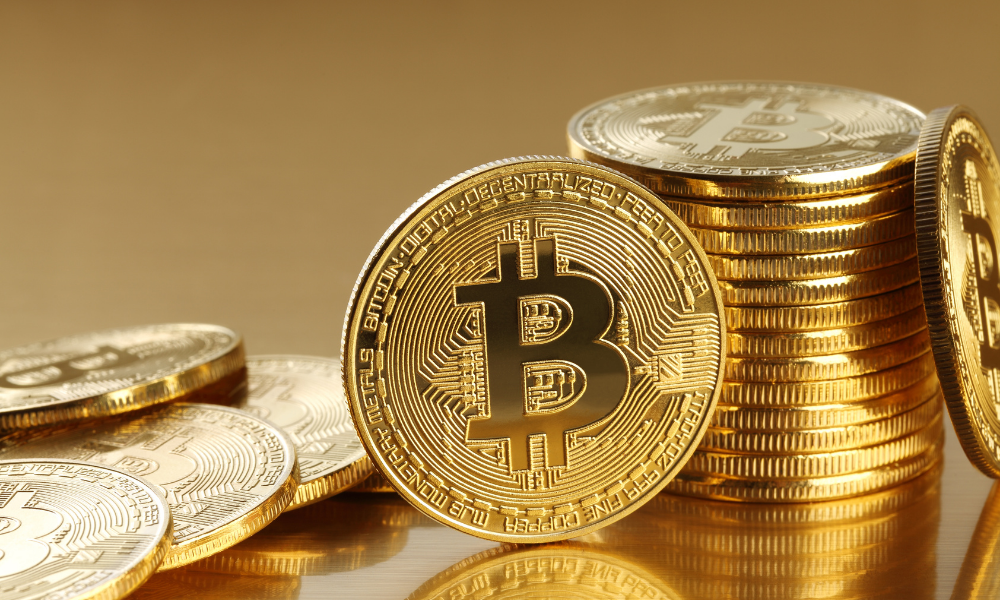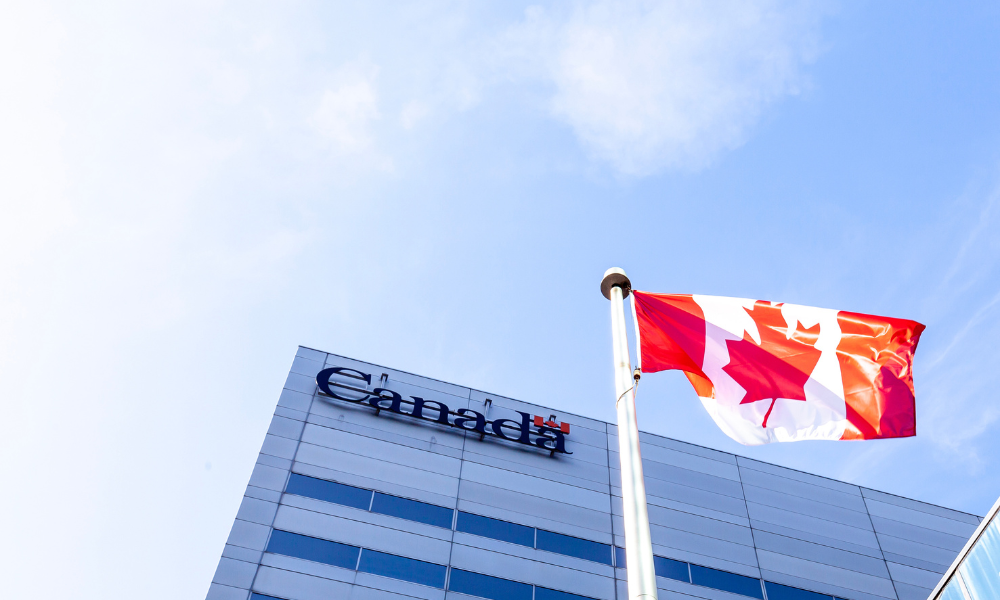With cryptos now part of the investment mix for millions, regulation is required says deVere Group founder

Early Monday morning, Bitcoin’s value had dropped more than 9% from its most recent rally.
The cryptocurrency’s rollercoaster peaked at a new high above US$61,000 over the weekend but by 5am Monday it had slipped back to around $56,000 (CAD$70K).
Interest in the digital coins has extended past its geek-driven early days, with more retail investors getting more involved in the past year and institutional investors also increasingly taking a stake.
Bitcoin ETFs are also in demand and CI Financial recently responded by announcing its own offering in the space.
But we’ve seen rallies and slumps before and there are growing calls for Bitcoin and other cryptos to be regulated.
Nigel Green, founder and CEO of global financial advisory firm deVere Group says that regulation is needed as Bitcoin in particular is fast becoming part of the global financial system.
There has been an 890% surge in value of Bitcoin in the last year, taking it to a $1 trillion value, and there are no signs that its growth it going to wane in the coming years.
“Bitcoin and other cryptocurrencies must be held to the same standards as the rest of the financial system with a robust, workable international framework,” said Green. “This will help reduce any potential disruption to global financial stability, protect investors, tackle illicit activity and deliver an economic boost to countries that adopt and adhere to it.”
Exchanges are the answer
Green says that cryptos should be regulated through the exchanges and urges regulators to act sooner rather than later.
“When flows run through regulated exchanges, it will be much easier to tackle potential wrongdoing, such as money laundering, and make sure tax is paid,” Green added. “For this to happen, banks will need to open accounts for exchanges, which is why they must be regulated.”



